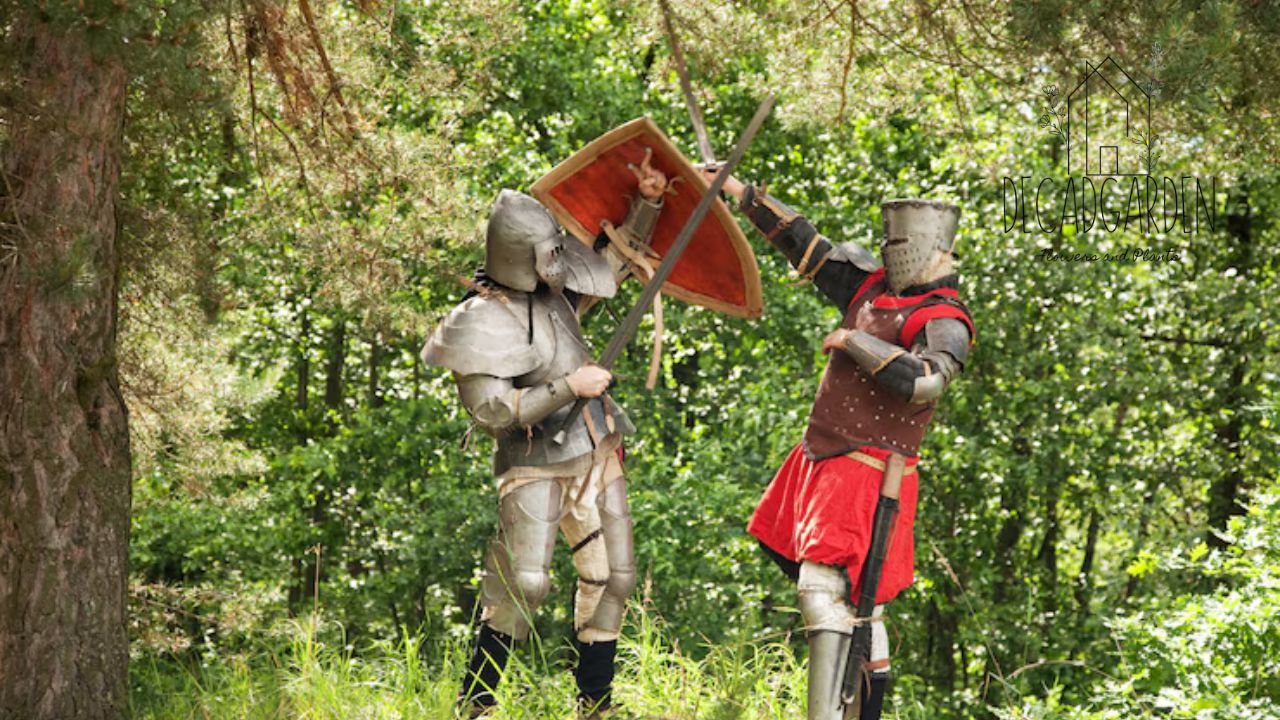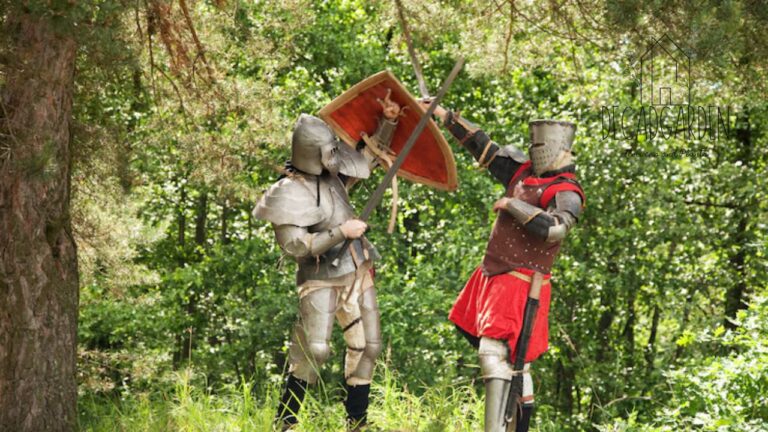The Praetoriaanse Garde stands as one of the most intriguing and powerful forces in Roman history. Emerging as the elite guard of Roman emperors, their story is filled with loyalty, betrayal, and immense political influence. Whether you’re a history enthusiast or just curious about ancient Rome, there’s no denying the fascination surrounding this legendary group of soldiers.
From their origins to their lasting impact, this article explores the Praetorian Guard’s history, structure, and significance while answering some pressing questions along the way.
Summary Table of Key Facts
| Aspect | Details |
|---|---|
| Name | Praetoriaanse Garde (Praetorian Guard in Latin) |
| Formed | 27 BCE during Emperor Augustus’s reign |
| Purpose | Protect the emperor and maintain internal order |
| Membership | Elite Roman soldiers (around 9,000 men at peak) |
| Disbanded | 312 CE by Emperor Constantine |
| Notable Roles | Assassins, kingmakers, palace security |
| Legacy | Influence on military tradition and governance |
Introduction to the Praetoriaanse Garde
The Praetoriaanse Garde, also known as Rome’s elite unit, initially served as bodyguards for generals during the Roman Republic. However, Emperor Augustus formalized their role in 27 BCE, transforming them into the imperial guard. This unique group wasn’t just tasked with protecting the emperor but often found themselves wielding enough power to play kingmakers in Roman politics.
While the romanticized image of the Praetorian Guard is that of loyalty, their history highlights episodes of betrayal and intrigue. They were as feared as they were respected, a dynamic that shaped their lasting reputation in both ancient and modern narratives.
The Origins of the Praetoriaanse Garde
From Republic to Empire
The concept of an elite bodyguard wasn’t entirely new. During the Roman Republic, prominent generals had their personal praetors (guards) to ensure safety on campaigns. When Augustus became Rome’s first emperor, he realized the need for a permanent force dedicated to safeguarding his life and interests. The Praetorian Guard was born.
Key Features Under Augustus
- Elite Selection: Men were chosen from Italy’s best soldiers, particularly from provinces loyal to Rome.
- Perks and Privileges: Members received higher pay, shorter service terms, and a prestigious reputation compared to regular legionnaires.
- Dual Function: Beyond protecting the emperor, the Guard played a role in quelling uprisings, addressing conspiracies, and even espionage.
Structure and Daily Life of the Guards
The Praetorian Guard operated with a highly organized structure. At their peak, they consisted of nine cohorts, with around 500-1,000 men each. Their headquarters, the Castra Praetoria, was strategically located on the outskirts of Rome, a calculated decision to balance their secrecy and accessibility.
Duties and Responsibilities
- Guarding the emperor and his family
- Policing the city of Rome
- Acting as a rapid-response military force during crises
- Conducting special operations, including assassinations
However, life within the Guard wasn’t all about duty. Praetorians enjoyed leisure activities, access to wealth, and societal respect, which made the role highly coveted despite its dangers.
A Force of Loyalty… and Betrayal
For much of their history, the Praetoriaanse Garde played a complex role in Roman politics. While their primary mission was to protect the emperor, they often exerted significant control over succession decisions.
Political Intrigues and Assassinations
- Caligula’s Downfall (41 CE): Praetorians assassinated Emperor Caligula after his erratic behavior threatened stability.
- Balancing Power (69 CE): Known as the “Year of the Four Emperors,” the Guard switched allegiances multiple times, backing emperors who met their demands.
- Commodus’s Reign (192 CE): Praetorians plotted Commodus’s assassination when his rule endangered their own position.
Such events paint the Praetoriaanse Garde as both protectors and disruptors. Their ability to make or break emperors cemented their reputation as a political powerhouse in Rome.
User Reviews and Historical Opinions
Interestingly, ancient sources offer varying “reviews” of the Praetorian Guard. Here are some sentiments that have stood the test of time:
- Positive: Writers like Suetonius praised their discipline and valor in key moments, highlighting their vital role in maintaining stability.
- Critical: Tacitus, on the other hand, often criticized their greed and influence on politics, likening them to shadow rulers.
Even modern historians remain divided, some appreciating the Guard’s professionalism, while others lament their frequent interference in governance.
Praetorian Influence on Military Traditions
The Praetoriaanse Garde’s legacy has extended far beyond ancient Rome. Their concept of a dedicated, elite force inspired the creation of similar units in later cultures. For instance:
- Napoleon’s Imperial Guard
- The Ottoman Empire’s Janissaries
- The British Household Cavalry
Their structure, benefits, and societal role served as blueprints for these later iterations.
FAQs About the Praetoriaanse Garde
1. Why were they disbanded?
The Guard’s manipulation of politics became intolerable. When Emperor Constantine defeated Maxentius in 312 CE, he abolished the Praetorian Guard to centralize power.
2. How long did a Praetorian serve?
Praetorians served around 16 years, compared to the 25-year term for standard legionnaires.
3. Did they fight in wars?
Though primarily focused on internal security, they participated in critical battles, often serving as shock troops.
4. Are there modern portrayals of the Guard?
Yes, the Praetorian Guard frequently appears in films and novels about ancient Rome, where they are depicted as both heroes and scheming villains.
The Lasting Fascination with the Praetoriaanse Garde
The tumultuous history of the Praetoriaanse Garde leaves us with a paradoxical legacy. They were protectors and betrayers, soldiers and politicians, loyalists and opportunists. Their story is not just about ancient Rome but a study in power, loyalty, and human nature.
Their ambition and actions still captivate historians, while their influence echoes in modern military and political traditions. Truly, the Praetorian Guard was more than just an elite unit; they were a symbol of Rome’s grandeur and flaws alike.
Admin Recommended
Circle Garden Design Ideas
Garden Pest Crossword Clue: A Fun Guide to Solving and Understanding


















